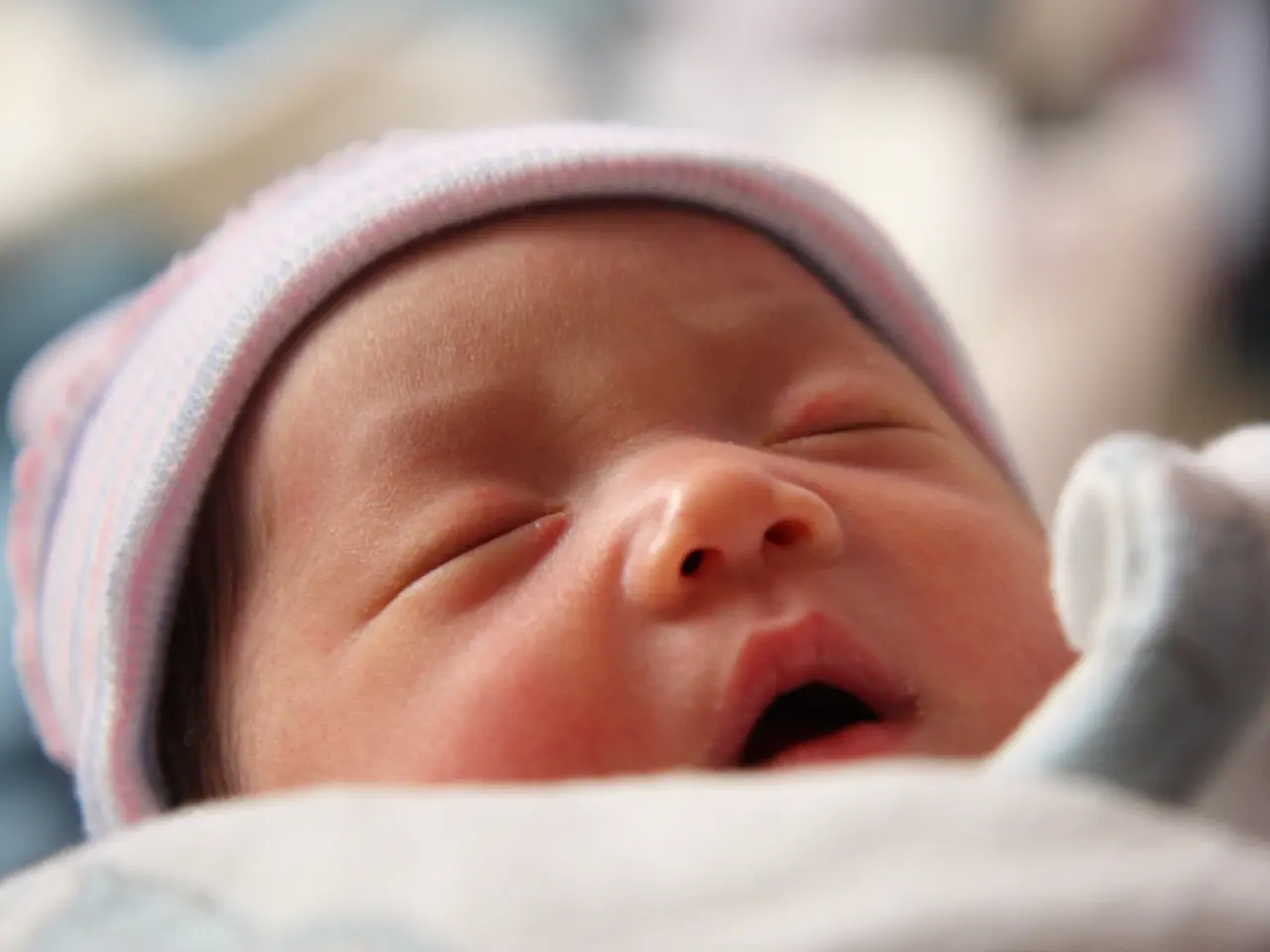ADHD and Sleep Issues: Strategies for Better Rest
Dealing with sleep issues in individuals with ADHD: Practical suggestions for better sleep quality.
Staying asleep soundly can be a struggle for those with Attention Deficit Hyperactivity Disorder (ADHD). Nighttime restlessness and difficulty falling or staying asleep are common challenges, leading to chronic exhaustion that worsens other symptoms, reveals psychiatrist William Dodson on Additude magazine.
So, why do people with ADHD experience sleep issues? Dodson suggests two possibilities: either sleep problems are a direct result of ADHD itself or their unique sense of time. People with ADHD aren't tied by traditional time constraints, experiencing only "now" and "not now."
Sleep troubles can further intensify symptoms such as concentration, patience, and impulse control. But don't lose hope—improving sleep hygiene is crucial in achieving better rest.
Breaking the Sleep Cycle
Adopting good sleep habits can make a significant difference in promoting healthy sleep. Here are some key recommendations from Dodson:
- Stick to a fixed bedtime and establish a regular sleep routine.
- Reserve the bedroom for sleep and sex, limiting its use for activities like work or stressful discussions.
- Cut down on daytime naps, if possible.
- Regulate sleep environment by eliminating external distractions like screens, opting for calming sensory elements such as dimmed lights, soothing noises, or therapeutic colours.
- Limit caffeine intake in the evening: a lively ADHD brain isn't helped by caffeine-induced alertness.
- Engage in outdoor activities or exercise, especially earlier in the day, as physical activity can facilitate concentration and sleep quality.
These strategies help create a more conducive atmosphere for falling and staying asleep, thereby alleviating symptoms related to sleep deprivation. It's important to remember that everyone is unique, and finding the best sleep solutions might require experimentation and patience.
Sources:- Dodson, W. (nd). Why Can’t My ADHD Client Sleep? Additude Magazine.- Kim, E., & Kuhn, G. (2019). Prevalence of Sleep Disorders in Adults with Attention-Deficit/Hyperactivity Disorder. In Sleep Medicine Clinics, Vol. 14, No. 3. Elsevier, 231-241.- Mindell, J., Gozal, D., Chervin, R., & Mindell, A. (2018). Behavioral Sleep Medicine for Adults: The Philadelphia Model. In Principles and Practice of Sleep Medicine: A Comprehensive Guide to Diagnosis and Therapy, 6th Edition. Elsevier, 438-457.- Palisch, K., & Bender, C. (2014). Sleep in Childhood. In Mastering Psychopharmacology for Infants and Children, 3rd Edition. John Wiley & Sons, Inc.
People with ADHD may experience sleep issues due to the disorder itself or their unique sense of time. To break the sleep cycle, consider adopting good sleep habits such as sticking to a fixed bedtime, limiting caffeine intake, engaging in outdoor activities, and regulating sleep environment.








